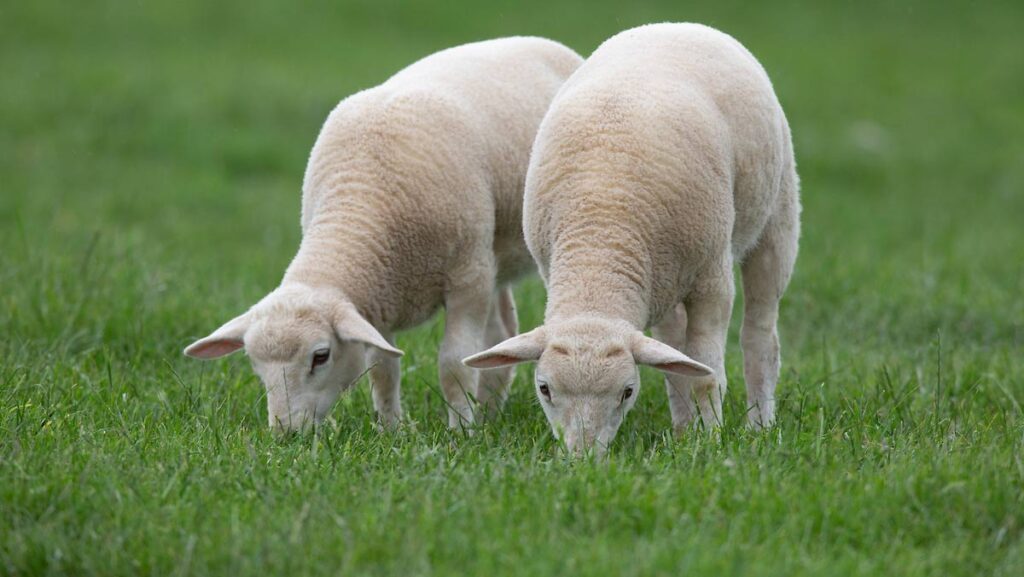Lamb tech trial to test three in-field auto-weighers
 © Tim Scrivener
© Tim Scrivener Designs for a field-based automated system to monitor lamb growth and make early predictions on days to target finished weight are to be tested in a three-year project.
Funding of more than £430,000 from Innovate UK and Defra will enable David Ritchie Agricultural to evaluate a walk-over weigher, a monitor with creep to incentivise throughput, and platforms in a field for lambs to jump on.
See also: Why and when farmers should weigh sheep
Each design will be accompanied by a data-handling app.
The aim is to gather extensive datasets to build in-depth pictures of individual and flock growth rates.
“Overall, the system will help farmers measure and monitor lamb performance – one of their most essential tasks, but one which currently has various limitations,” says Charlie Bowyer of Agri-Epi.
“The auto-weigher will cut across those constraints and improve welfare by reducing the number of gathers and subsequent stress on the lambs, which can stifle growth rates. The system will also make substantial labour savings.”
Trial farms
The platforms will be researched on three of Agri-Epi Centre’s innovation farms and one of Ritchie’s trial farms.
Lamb weights will be recorded continually from four weeks of age through to finishing, to achieve a real-time average for the flock.
Ritchie will construct initial prototypes for each design of weigher and commission them on farm for validation.
At the same time, individual lamb weights will be transmitted over mobile phone networks to an online cloud database, processed and displayed on a web-based user platform.
“For farmers feeding creep, the project will also develop a metered feed lamb weigher allowing a user-adjustable amount of feed to be fed to individual lambs,” says Charlie Brown of David Ritchie Agricultural.
“This prevents the dominant animals from getting more than their share of feed and provides a restriction on intake of feeds, which can prevent ill health from overfeeding.”
Potential
National Sheep Association project manager Nicola Noble says: “This technology development should reduce costs, save time, potentially improve health and welfare, and improve levels of data recording and its accuracy, alongside increasing productivity and efficiency at a whole flock level.”
